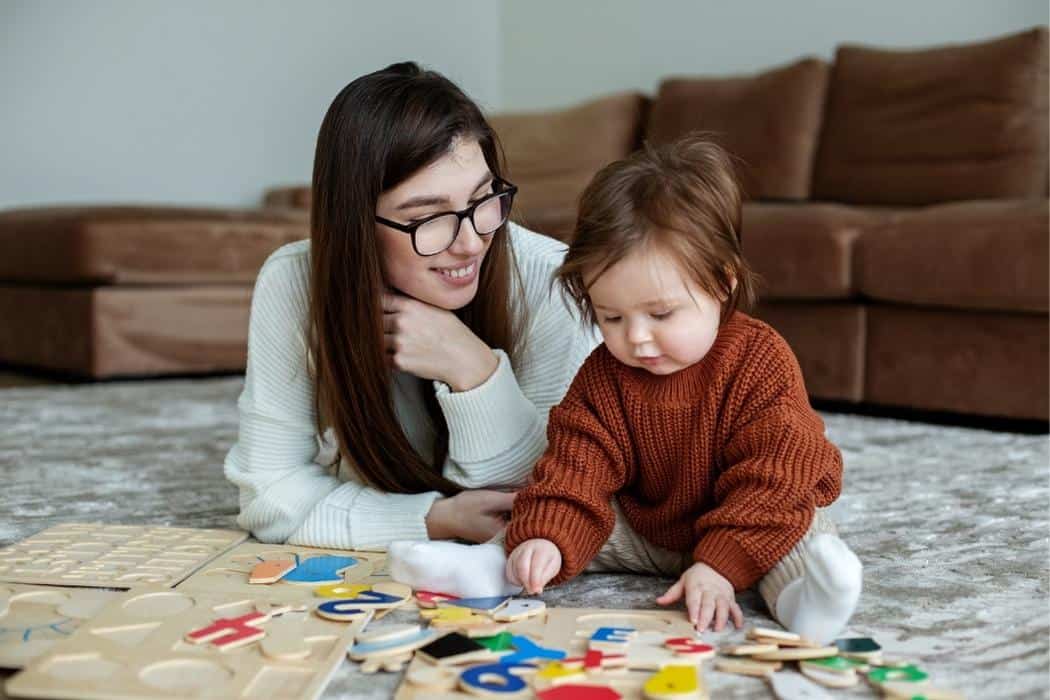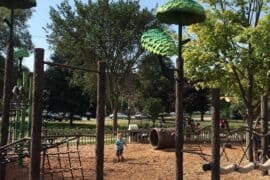Choosing the Right Babysitting Age: A Guide for Parents
Hello, wonderful parents! If you’re pondering the monumental step of hiring a babysitter for your little ones, you’ve likely asked yourself, “What age is the right age for a babysitter?” The answer isn’t as clear-cut as you might think! But fear not, this guide is designed to walk you through all the important factors so you can find the perfect match for your family.
Understanding the Importance of Babysitting Age
Before we dive into the nitty-gritty of numbers and regulations, let’s unpack why the age of a babysitter is so crucial. At the core, it’s about safety, maturity, and responsibility. A babysitter is much more than just a temporary caretaker; they’re role models, emergency responders and your child’s companion. It’s key to trust that your babysitter has the maturity and the know-how to handle any situation that might arise.
Legal Age for Babysitting: What You Should Know
First things first: is there an actual law dictating the age at which an individual can babysit? Well, it can depend on where you live. Some regions have specific labor laws or child welfare policies that can provide a legal guideline. This usually ranges between 12 to 16 years of age. However, many places don’t have strict legal requirements, and it’s more about the right judgment call.
Maturity Over Age: Assessing Readiness
It’s not just about how many candles are on their birthday cake! The maturity level of the potential babysitter is a huge factor. Can they make quick decisions? Are they capable of following your routines and respecting your parenting style? Sometimes, a responsible 12-year-old may be a better fit than a less attentive 16-year-old. Consider their experience, life skills, and how they interact with your children during an interview or trial period.
Safety First: Training and Certifications
Consider babysitters who have taken the initiative to complete babysitting certification courses, first aid, or CPR training. These certifications not only equip them with important safety skills but also show a level of seriousness and commitment to their role.
Parental Comfort: Your Peace of Mind Matters
At the end of the day, your comfort level is paramount. You need to feel confident leaving your precious kiddos in someone else’s care. Interview potential babysitters, check references, and trust your instincts. Open communication with the babysitter about your expectations and household rules is essential in building that trust.
We’re just scratching the surface here! Stay tuned as we delve deeper into each of these topics to help you make the best decision for your family. Remember, taking the time to understand babysitting age and choosing the right person for the job isn’t just responsible parenting, it’s an investment in your child’s safety and happiness. Let’s keep those little ones in good hands while you take that well-deserved break!
Choosing the right babysitter is a big decision, and it’s crucial to weigh the pros and cons of age, maturity, and qualifications. We’re here to help you navigate these waters so that when it comes time to step out, you can do so with confidence, knowing your children are in capable, caring hands. Stay glued for our next segment, where we’ll dive even deeper into recommended qualifications, questions to ask potential babysitters, and balancing cost with quality!

5 Essential Things Parents Should Know When Preparing for Babysitting
1. Evaluate Your Child’s Needs and Babysitter’s Capabilities
Each child is unique, and their needs can vary greatly. Consider the age of your child, their temperament, and any specific requirements they may have – be it medical conditions or emotional needs. When interviewing babysitters, gauge their ability to understand and meet these needs. It’s also wise to assess their problem-solving skills and how they would handle hypothetical situations relevant to your child’s care.
2. Establish Clear Guidelines and Boundaries
When you do find that special someone you think could be the right fit, be sure to lay out clear guidelines. Discuss your house rules, emergency procedures, and your child’s routines. Boundaries about visitors, phone use, and activities should also be established to avoid any misunderstandings. Creating a written agreement or a list of rules can serve as a helpful reference for the babysitter.
3. Conduct Thorough Background Checks and Reference Calls
Peace of mind also comes from knowing your babysitter’s background. Conduct a thorough background check to ensure they have a clean record. Don’t hesitate to call their references and previous employer families to inquire about their reliability, punctuality, and the way they interacted with the children. Getting firsthand accounts can be incredibly revealing.
4. The Importance of Trial Runs and Gradual Transition
Before you leave your children with the sitter for an extended period, consider a trial run or two. This can be an afternoon where you’re working from home or a shorter outing. Use this time to observe how the babysitter interacts with your children and how they manage their responsibilities. Additionally, it gives your child an opportunity to adjust to their new caretaker in a more gradual, less intimidating manner.
5. Trust Your Gut Feeling
Last but certainly not least, trust your parent instincts. If something doesn’t feel right during interviews or trial periods, it’s worth taking a step back to reassess. Your intuition is a powerful tool in determining whether a babysitter will be a good fit for your children and family as a whole.
There you have it, dear parents, a bundle of tips to help you determine the babysitting age and readiness that aligns with your family’s preferences. Be diligent, be caring, and be reassuring – both to your little ones and to yourself. With these steps, you’ll be well on your way to securing a safe and happy babysitting experience for your children. And remember, your children’s well-being is the priority! Embrace this journey of finding the ideal caretaker, and cherish the peace of mind that follows when you do.
Keep an eye out for the next installment in our series, where we’ll explore setting up a successful babysitting relationship, including creating a comfortable environment for your babysitter, the essentials of communication, and the art of nurturing a long-term babysitting partnership.
See more great Things to Do with Kids in New Zealand here. For more information see here
Disclaimer
The articles available via our website provide general information only and we strongly urge readers to exercise caution and conduct their own thorough research and fact-checking. The information presented should not be taken as absolute truth, and, to the maximum extent permitted by law, we will not be held liable for any inaccuracies or errors in the content. It is essential for individuals to independently verify and validate the information before making any decisions or taking any actions based on the articles.




